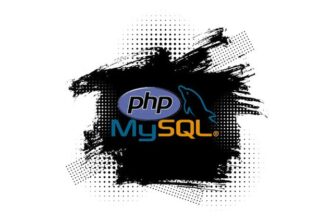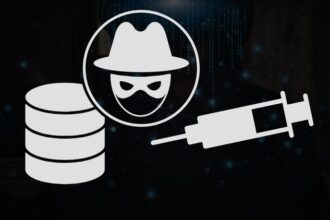What
You’ll Learn
You’ll Learn
- Understand the fundamentals and features of TestNG.
- Create and run TestNG test classes and use annotations effectively.
- Execute complex test scenarios
- including dependency and exception tests.
- Develop real-world applications with comprehensive TestNG testing.
- Integrate TestNG with Selenium for web application testing.
- Manage projects using Apache Ant and Maven for efficient build and deployment.
Requirements
- Basic knowledge of Java programming. Familiarity with Eclipse IDE. Basic understanding of web applications and testing concepts. No prior knowledge of TestNG
- Selenium
- Ant
- or Maven is required.
Description
Course Introduction
Welcome to the Java TestNG Mastery Course, your comprehensive guide to mastering TestNG, a powerful testing framework for Java applications. This course is designed to take you from a beginner to an advanced user, equipping you with the knowledge and skills needed to efficiently test and validate your Java applications using TestNG. Whether you’re just starting out or looking to enhance your testing capabilities, this course provides a structured approach to learning TestNG.
Section 1: Java TestNG Fundamentals
In this section, you will be introduced to the basics of TestNG, including its features and how it enhances Java testing. You’ll learn how to create and run TestNG classes, understand TestNG annotations, and explore dependency and exception tests. This section lays the groundwork for effectively using TestNG in your projects by covering essential topics such as test suites, groups, and data providers.
Section 2: Java TestNG Case Study – Doctor Management System
This section dives into a practical case study involving a Doctor Management System. You’ll apply what you’ve learned to create schema classes, perform CRUD operations, and build a user interface. You’ll also implement validations, handle exceptions, and conduct unit testing using TestNG. This hands-on project helps solidify your understanding of TestNG by applying it to a real-world scenario.
Section 3: Java TestNG Case Study
Building on the previous case study, this section presents another comprehensive project that involves creating a customer management application. You’ll develop POJO classes, build a user interface, and implement methods for adding and displaying customers. The focus is on validating customer data and ensuring the application flows correctly, culminating in thorough testing using TestNG.
Section 4: Selenium – Selenium IDE
Here, you’ll be introduced to Selenium IDE, a powerful tool for automating web application testing. You’ll learn how to install and use Eclipse, record and debug scripts, and perform various commands like wait, verify, and assert. The section also covers JavaScript basics, user extensions, and regular expressions, providing a strong foundation for automating web tests with Selenium IDE.
Section 5: Selenium – TestNG Integration
This section focuses on integrating TestNG with Selenium for enhanced testing capabilities. You’ll explore different types of annotations, test methods, grouping, and parameterizing test cases. The section also covers executing tests in parallel, retrying failed tests, and running TestNG suites, providing you with advanced techniques to streamline your testing process.
Section 6: Selenium – TestNG with Apache Ant and Maven
In the final section, you’ll learn how to use Apache Ant and Maven with TestNG to manage and build your projects. You’ll configure Ant, create and execute build files, and generate XSLT reports. The section also covers Maven project creation, importing, and modifying test cases, as well as converting existing projects to Maven, ensuring you can efficiently manage and automate your testing workflow.
Course Conclusion
By the end of this course, you will have a deep understanding of TestNG and its integration with Selenium, Ant, and Maven. You’ll be able to create, manage, and execute comprehensive test suites, automate testing processes, and apply best practices in your Java applications. This course empowers you with the skills to ensure your software is reliable, efficient, and ready for production.
Who this course is for:
- Java developers looking to enhance their testing skills. QA engineers and testers seeking to automate their testing processes. Software engineers interested in learning TestNG and Selenium. Anyone looking to improve the reliability and efficiency of their Java applications through automated testing.






